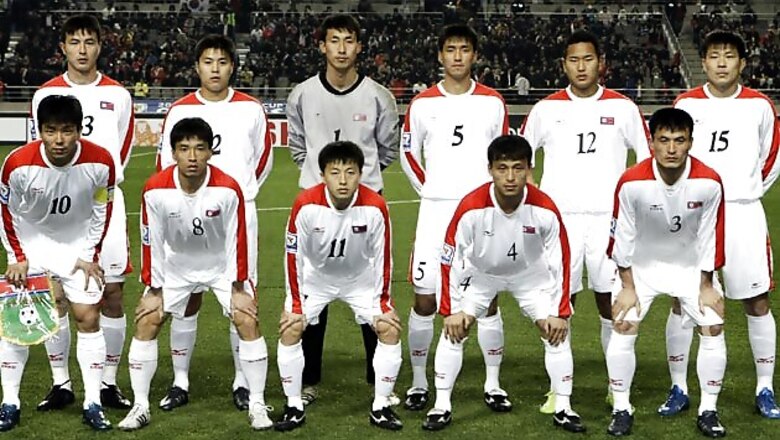
views
Johannesburg: A week after arriving for the World Cup, the North Korean team remains largely hidden from public view, sequestered behind the tightly guarded gates of a remote hotel in northern Johannesburg that seems to rise like a fortress from the South African veld.
No chance of a casual South African braai — barbecue — with fellow hotel guests: All meals, prepared by a cook flown in from Pyongyang, are closed to outsiders. And no chance for the players to stray from the group.
No team at the tournament is more of a mystery than North Korea, one of the world's most isolated countries.
They're the lowest ranked of the qualifiers and are in the toughest group.
But North Korea has a history of surprising top teams at the World Cup: In 1966, the last time it qualified, the squad from the reclusive communist state produced a stunning upset win over Italy to secure a quarterfinal spot.
Nearly as unknown as they were 44 years ago, the North Koreans are banking on what may be their greatest asset as they prepare to face Brazil in their opening match: their unpredictability.
Most training sessions at Maphulong Stadium in the township of Tembisa have been closed, and coach Kim Jong Hun made only Japanese-born star Jong Tae Se available on Wednesday for a news conference required by FIFA, football's governing body.
A cloud of controversy surrounding the North Koreans may give Kim an excuse to keep the team from prying journalists' eyes. And he may well want to keep the players under wraps and use the relative anonymity to the team's tactical advantage.
Only three play overseas and the team has made few international appearances in recent years, giving opponents little chance to study strengths and weaknesses.
In a sport where fans follow their favorite players' every move, the North Koreans' names are so unfamiliar that almost no one noticed that coach Kim listed a top striker as a goalkeeper when he submitted his final World Cup squad.
Greece got a taste of North Korea's surprise tactics in a friendly late last month in Austria. After floundering at the start, North Korea took control of the game, eventually equalizing to hold Greece to an unexpected 2-2 draw.
The North Koreans may have been the darlings in '66, the underdogs from a little-known country who delighted their English hosts by staging feisty upsets to become the first Asian team to make the World cup quarterfinals. Four decades later, however, the world is well aware of North Korea, its nuclear ambitions and the accusations that Pyongyang sank a South Korean warship in March — a matter taken to the U.N. Security Council last week amid a firestorm of threatening rhetoric from both Koreas.
Behind the wall of silence, the Chollima squad — as they are called back home after a winged horse prized in North Korean mythology — is mentally girding itself for the tournament, said Jong, the charismatic 26-year-old striker who is one of two Japanese-born players in the squad and has emerged as the team's star player and de facto spokesman.
Experts and oddmakers say it would take a miracle for North Korea to advance from Group G — which includes Brazil, Portugal and Ivory Coast — to the round of 16.
That doesn't phase Jong, nicknamed "the People's Rooney" by South Korean media, who says the North Koreans will make up for what they lack in experience with passion, will and determination when they face Brazil on Tuesday at Ellis Park in Johannesburg.
"Our advantage is that we have first-world mentality. We have confidence in our concentration and speed," he told broadcaster APTN on Wednesday. "If we believe in our strength and unite as one, and believe in ourselves, we could surely achieve victory."
He vowed to "surprise" the world again.
The team prides itself on its unity, and with most of the squad playing in the domestic competition, they've had plenty of time to finesse their teamwork.
"Morale is very high and we're ready to fight," Coach Kim said, according to footage aired on North Korean state television.
Goalkeeper Ri Myong Guk is just as confident.
"Like the football players of Chollima Korea in 1966, I will also display the might of North Korea's 'army first' policy in the World Cup," Ri told APTN.
North Korea, its economy in shambles and its circle of friends diminishing due to its nuclear defiance, has few avenues for international glory.
The 23 men training in Tembisa are their country's most visible ambassadors, among the few North Koreans allowed to travel overseas.
At home, they're already heroes, bestowed with medals and merit citations and honored on postage stamps unveiled last week to commemorate the team's success in qualifying for the World Cup.
With that honor comes pressure. Moon Ki-nam, a former national-level North Korea coach who defected to South Korea in 2004, said players are handsomely rewarded with coveted apartments if they win internationally but are punished, some sent to coal mines, if they lose.
Even some of the feted players from the 1966 team were said to have been sent to one of North Korea's infamous labor camps for squandering a promising 3-0 lead to lose to a Eusebio-led Portugal in the quarterfinals.
And with North Korean leader Kim Jong Il personally giving the current team guidance, according to state media, success or failure is a state matter of the highest order.
"We will achieve a good success in this World Cup, therefore giving pleasure to our great General (Kim Jong Il) and proving ourselves worthy of the expectations of the Korean people," the coach told APTN as the team departed Pyongyang last month to the cheers and applause of well-wishers.
Kim has been a keen football fan for decades. According to Moon, the ex-coach-turned-defector, Kim used the surprise success of the 1966 team to his political advantage as he prepared to take over leadership of North Korea from his father, Kim Il Sung.
It may take another shock upset for North Korea to match the feats of the 1966 team, but at least one former football star doesn't think it will take a miracle.
Pak Doo Ik, who scored the magic goal that vaulted the North Korean team past Italy, says the players are skilled, organized and above all, confident.
"Seeing the soccer players training and competing in the qualifiers, they surely can make it," he told APTN. "Playing the game with such confidence, we can surely make it."










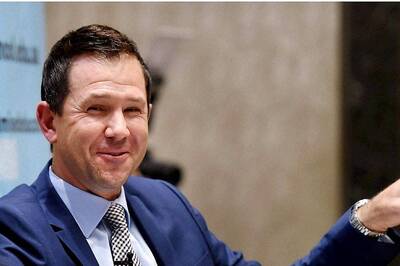




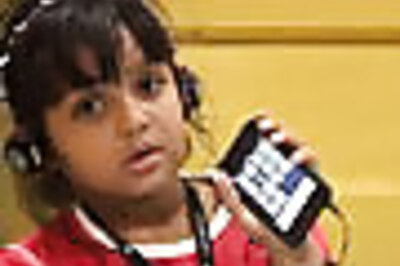
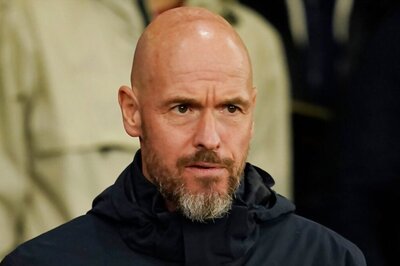
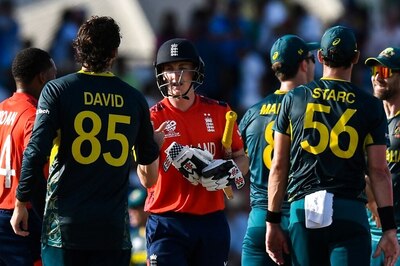


Comments
0 comment